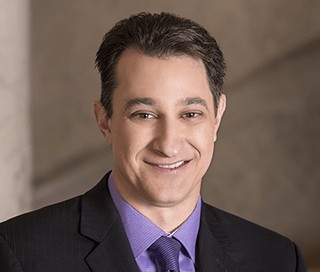

Bill description: SB 1325 would allow school districts to set up programs to train employees who do not have a teaching certificate.
Rating: -3
Does it create, expand, or enlarge any agency, board, program, function, or activity of government? Conversely, does it eliminate or curtail the size or scope of government?
The bill would let school districts set up training programs to help their non certified employees move toward becoming certified teachers by tapping into professional development funds. Employees receiving this benefit would have to possess a bachelor’s degree and be teaching under a provisional teaching certificate.
(-1)
Does it transfer a function of the private sector to the government? Examples include government ownership or control of any providers of goods or services such as the Land Board's purchase of a self-storage facility, mandatory emissions testing, or pre-kindergarten. Conversely, does it eliminate a function of government or return a function of government to the private sector?
Scholarships from sources outside of government abound that allow people to continue with their education. It is the role of individuals and the private sector, not the government, to facilitate a person’s educational advancement.
(-1)
Does it increase government redistribution of wealth? Examples include the use of tax policy or other incentives to reward specific interest groups, businesses, politicians, or government employees with special favors or perks; transfer payments; and hiring additional government employees. Conversely, does it decrease government redistribution of wealth?
The bill contemplates that up to $500,000 from the Opportunity Scholarship fund, which used to be exclusively a college scholarship program for high school students, would be used by this program. In a sense, then, the bill proposes the redistribution of redistributed wealth, from student to school employees. Moreover, this bill contemplates creating a special perk for select school employees, to the detriment of similarly situated adults who are also seeking to advance their education without the assistance of the government.
(-1)
Analyst's Note: The amendment to this bill (made on 3/18) is not substantive to the points we have addressed, and thus it does not alter our rating or analysis.


